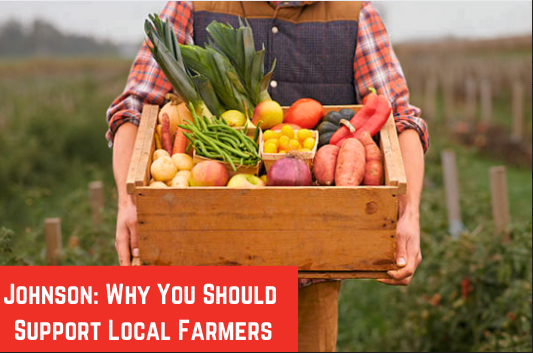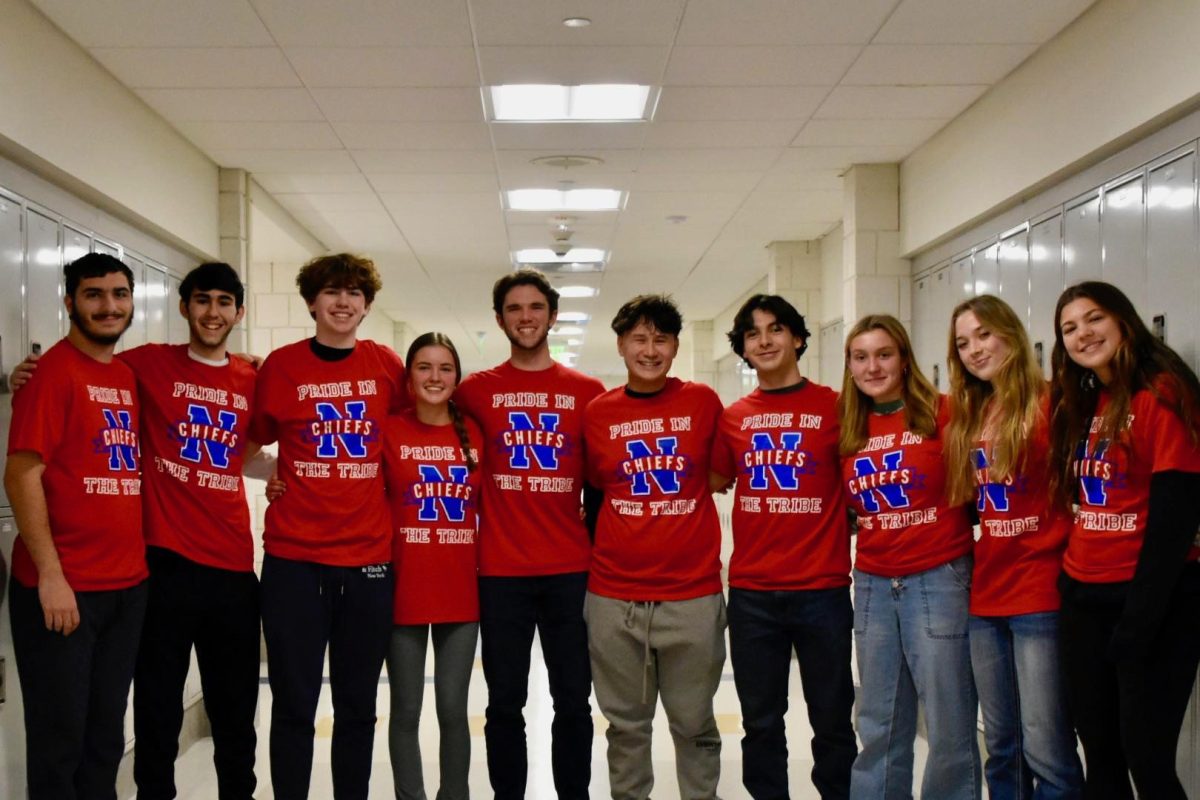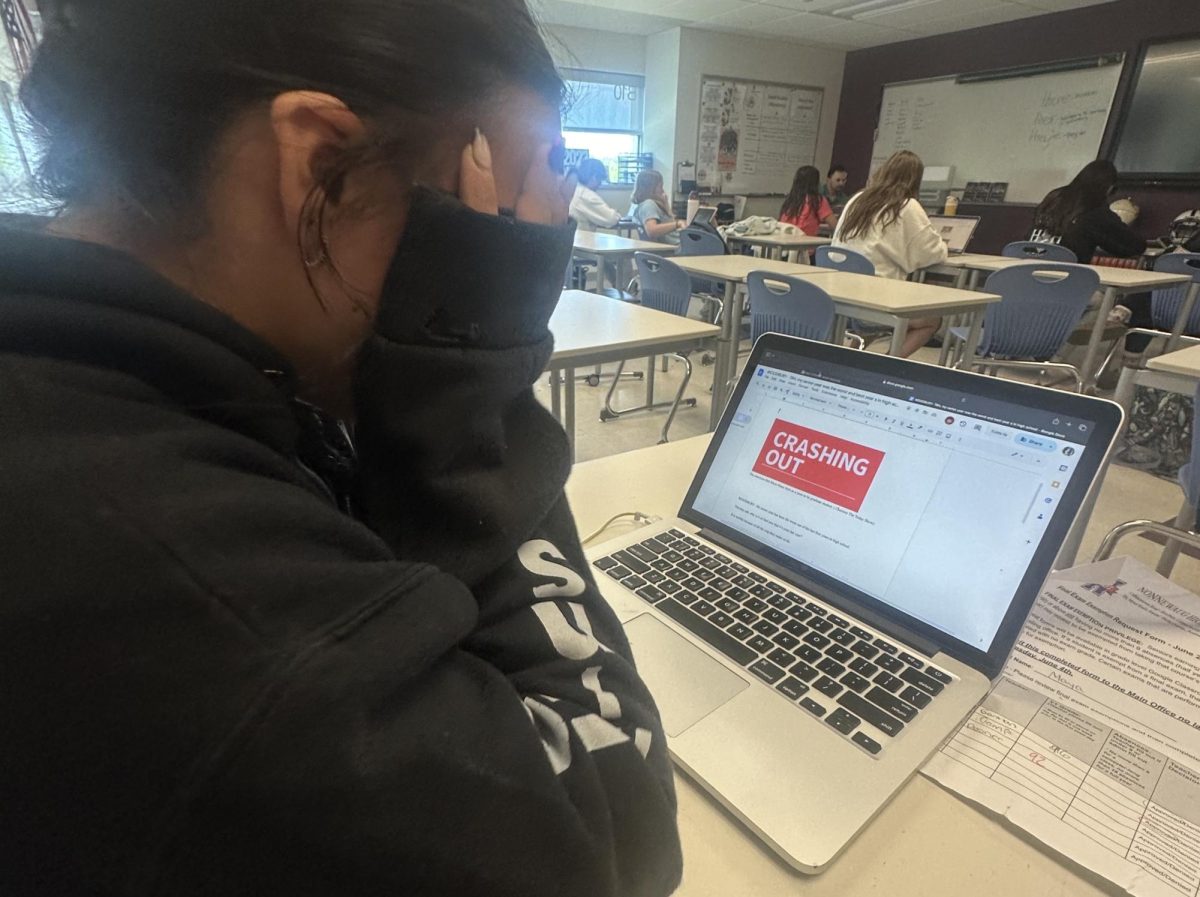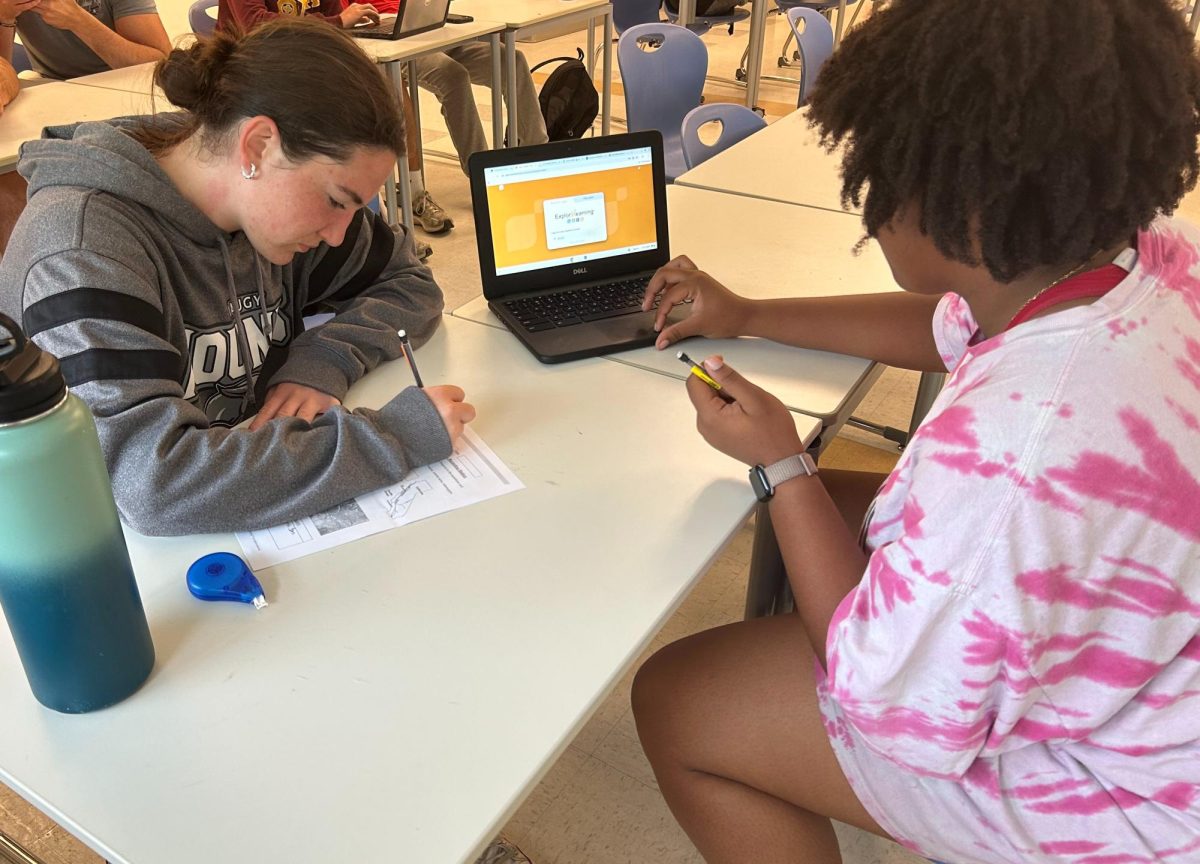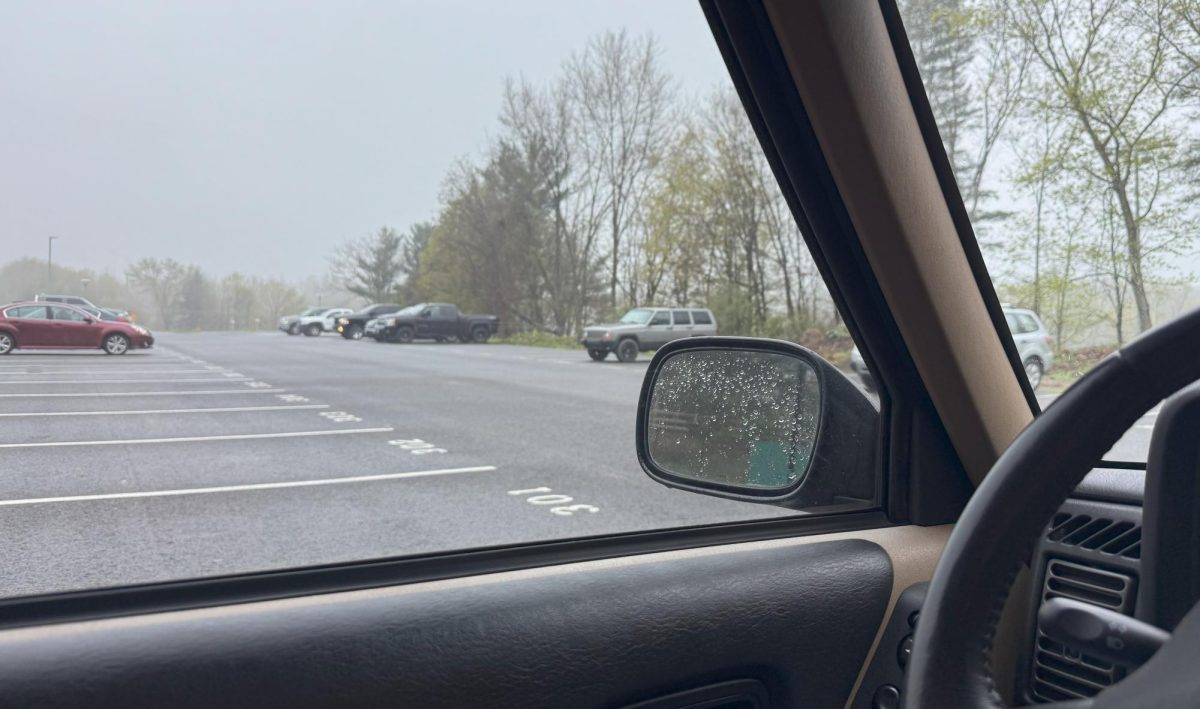WOODBURY — Money can’t buy happiness, but it can buy locally grown produce — and to me, that’s basically the same thing.
Nonnewaug High School is surrounded by small farms that you most likely drive by every day. Fresh produce, meat, and dairy are advertised all around town, and yet many people don’t take advantage of these locally-sourced goods.
What’s stopping you from taking a quick pit stop at a farm stand?
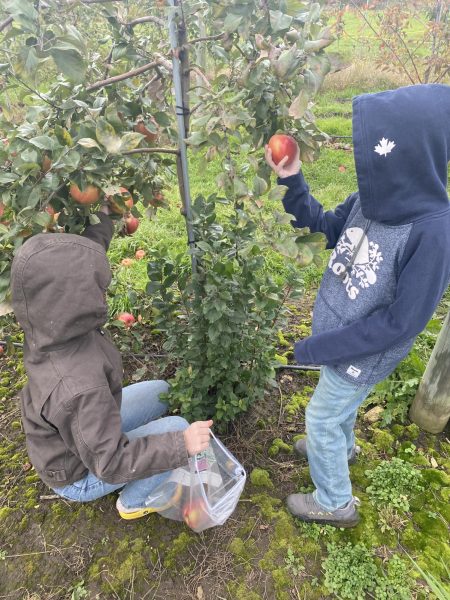
Sure, it might be easier to grab a few tomatoes from ShopRite, but there are so many benefits to buying from a small business.
In our community, buying from local businesses is immeasurably beneficial to our community’s economy. Simply stopping by a farm stand and purchasing a few ears of corn could get money circulating around us and create more job opportunities.
Honestly, it can be even simpler. When you’re shopping at LaBonne’s or New Morning in Woodbury, you can grab fruits and vegetables grown by March Farms and other local gardens.
Not only does that benefit you, but your small contribution to a small farm can make a world of a difference for their business.
“I work at a farmstand and I can really see how farming brings people together,” said March Farms employee Maya Hines, a senior at Nonnewaug. “I think it’s important to shop from small farms because farmers take time and work really hard to make sure people are getting good food. It’s also important to support them because it’s not a big corporation, and the farmers are driven to work for their local people.”
From where I stand, there truly is no excuse to not buy local produce, but some people argue that small organic farms are not as sustainable as we are told.
According to Tim Griffin, director of the Agriculture, Food and Environment program at Tufts University’s Friedman School of Nutrition Science and Policy, “as the farms get larger, it’s easier to invest in labor-saving machinery, technology and specialized management, and production cost per unit goes down.”
While these farms such as Dole, Driscolls, and Chiquita can cut down on labor costs and create a cheaper product, their fruits are packed with pesticides and rely on chemical fertilizers. The use of pesticides is also what makes commercial farming take less time, and in turn, producing a larger yield.
According to the National Library of Medicine, more than 1 billion pounds of pesticides are used in the United States each year, and according to their studies our collective health is crumbling because of it.
“Recently, the Agricultural Health Study has produced some evidence of increased incidence of cancer of the prostate, lung, colon, pancreas, bladder, leukemia, and multiple myeloma with increasing lifetime exposure to certain pesticides,” noted the NLM’s study.
The whole purpose of eating vegetables and fruits is to feel replenished, so why would I buy fruit and vegetables that have been synthesized when I can buy local?
Melissa Hodges, an instructor in Nonnewaug’s science department, has the pleasure of living close to a farm store and it opened her eyes to the benefits of shopping locally.
“I’d rather support my neighbor than some big corporate chain,” said Hodges. “There are also limited carbon emissions, and as a chemist I care a lot about our environment. There is also no shipping of my vegetables because I can simply walk to go and get my veggies.”
As Hodges recognizes, shopping locally is more sustainable, which in her eyes feels more rewarding than shopping at a chain grocery store.
Not only is it sustainable to shop from small businesses, but the quality of goods is noticeable.
“Local vegetables are fresher,” said Hodges. “I can go and pick some up right after they are harvested. I purchase a farm share in the summer which means all my vegetables are harvested that week. Farm stores are also local to our climate here and produce what our climate would naturally produce. To me that’s a healthier option, and the farm is also fully organic so I’m not worried about pesticides or chemicals being in the food I eat and feed my children.”
Getting your food from small agricultural businesses in your area is clearly much healthier for you.
Not only is fresh produce much tastier and safer, buying from small shops or farmers markets does not break the bank. Truthfully, I think it could help save money.
“Since I get a farm share I use all the vegetables throughout the week, and then I freeze the leftovers for the winter,” said Hodges. “I also think it’s cheaper overall and more sustainable.”
Buying fresh is truly worth it. The price of fresh produce is similar to grocery stores, but the quality is without a doubt more desirable. Stop supporting the big corporations and their mediocre poisoned produce, and do yourself a favor and buy local. Your local farmer — and community — will thank you.
This is the opinion of Chief Advocate reporter Brianna Johnson.



